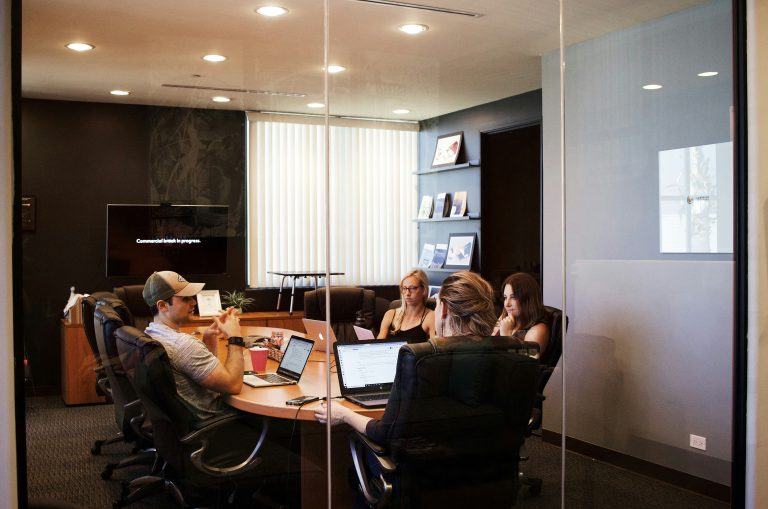Use these three workforce management tips to navigate into an uncertain future.
People teams have been dealing with an unpredictable talent market for years now. Initially, lockdowns reduced economic activity and resulted in a massive wave of layoffs.
Then, the lowest unemployment rates in generations drove fierce hiring competitions. The beginning of 2023 saw sky-high job numbers in the US, even as some sectors froze hiring or laid off workers. Who can say what the next few months will look like?
Planners are having to weigh contradictory signals as economic growth is tempered by high inflation and fears of a recession. The impact has been uneven across industries, with some sectors remaining robust while others contract.
In this environment, HR professionals have to be agile and creative to manage the workforce. That means rethinking strategies as new data becomes available and adjusting on the fly to rapidly evolving business conditions.
Here are three tips that can help HR teams manage their company’s workforce more effectively in an unpredictable market.
1. Use technology to automate processes and surface insights
The labor market is in flux, and many businesses that were struggling to fill open positions are now contending with a flood of applications. A powerful applicant tracking system (ATS), talent sourcing tools and planning software can help teams build for future needs and maintain compliance with regulations.
Automating manual processes is a must so that people teams can focus on more strategic and high-value work rather than wading through piles of applications and keeping track of data via spreadsheets. Survey tools can continuously assess the recruiting and onboarding processes and surface opportunities for making improvements.
Technology that enables workforce planning across multiple business units and eliminates data silos can also help address talent gaps. Tools that empower people to accurately project people costs and optimize headcount as the economy and job markets shift allow managers and recruiters to meet evolving operational needs and support leaders across the business.
2. Be creative to find the talent you need
Everyone – employees, leaders, customers, etc. – has been through the wringer these last few years. The resumption of old patterns is unlikely, at least in the short term. Teams must respond with creativity to win, and recruiting is no exception.
If your company has embraced a remote or hybrid work strategy, that means you may be able to tap a much broader talent pool in new markets that you may have previously disregarded. Taking small, experimental steps and assessing your results before committing to a larger program is a good way to test this strategy.
Passive candidates, i.e., people with the skills you need who aren’t actively seeking a new job, are another potential talent pool to explore. In today’s market aggressively reaching out to candidates isn’t going to work. Instead focus on building your network and relationships with candidates who are passive.
Articulating your company value, what makes you unique and more importantly the impact they could have, can change a passive candidate to an active candidate, or at least keep you top of mine when they are ready to move.
3. Communicate early and often – with employees and job candidates
Economic uncertainty can translate into job insecurity and low morale, so keep employees in the loop whenever possible. Leverage town halls, all hands calls, engagement surveys and create an open dialogue between the employees and leadership. Your benefits and company culture can be a great selling point, but only if employees and job candidates know about it.
If you’ve implemented a holistic benefits package that includes wellness perks, family leave, programs that help look after families while employees travel, etc., provide information on what you offer to current employees and job candidates alike to communicate your company values and culture in a tangible way.
In addition if things are slowing down in your company, if hiring freezes are on the horizon, look at this as an opportunity to leverage your current team and consider programs that can help employees expand their skill set so that they know they are still valued.
Uncertainty causes anxiety. Most people find predictable scenarios more reassuring because they know what works in situations they’ve faced before. But while periods of economic uncertainty are understandably disconcerting, they also offer an opportunity for people and recruiting teams to experiment with new strategies and fresh tactics that can provide a competitive advantage.
So, in this current period of economic uncertainty, consider rethinking the way you’ve always done things and try something new. Technology can help by giving you new insight and facilitating collaboration.
Creative outreach techniques can significantly expand your talent pool. And frequent communication with employees and job candidates can help you retain your best people and attract the right candidates. That’s a great way to navigate an unpredictable candidate market.
Melissa Dreuth is the Chief People Officer and Chief of Staff to the CEO at Planful in San Francisco, California, US.

























